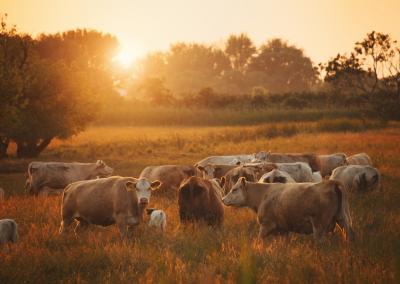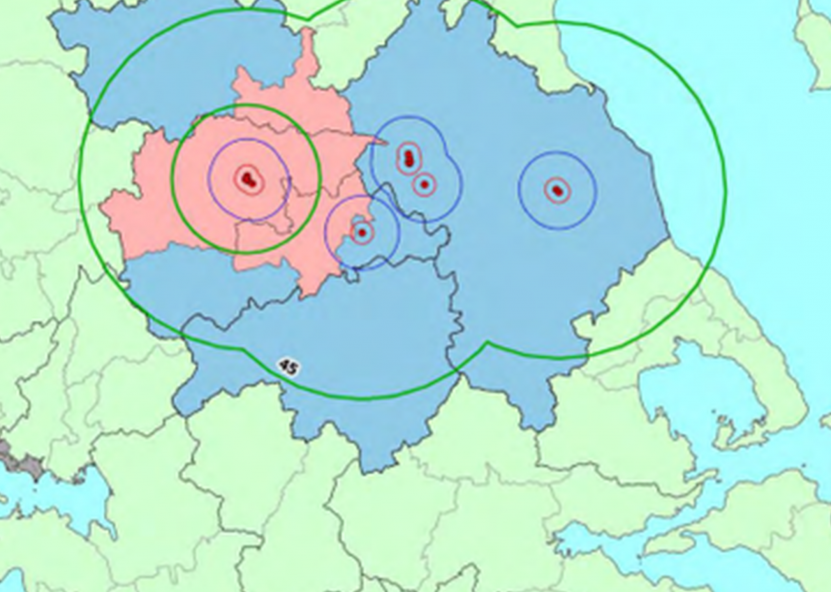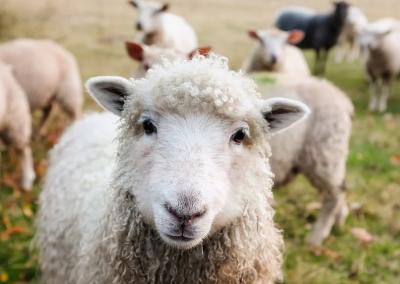Plague spreading in farm animals in southern Europe: keepers warned to remain vigilant
Greek and Romanian authorities are reporting outbreaks of maro, a highly contagious viral disease in small ruminants affecting sheep, goats and other small ruminants. More than 60 outbreaks in sheep and goat farms have already been recorded in the country. Sheep and goat farmers in all countries are urged to take strict biosecurity measures to protect their livestock from the disease: not bringing in animals with infectious symptoms, controlling the movement of transport and visitors, changing and changing clothes when going into livestock housing, using safe feed and water, and controlling rodents and insects.
The first case of the disease in Greece was detected on 11 July this year on a farm in the Thessaly region where 264 sheep and goats were kept. Since then, a total of 24 outbreaks have been detected throughout the country. In Romania, the first case was registered on 19 July 2024. In the region of Tulcea, on a farm with 51 119 sheep. To date, Romania has reported 37 further outbreaks.In response to these outbreaks, all susceptible animals in the foci have been destroyed and thorough disinfection measures have been taken. Protection and surveillance zones have been established around the outbreaks with strict control measures and a ban on the movement of sheep and goats to prevent further spread of the virus.
The European Commission has taken additional measures and extended the restricted zones around the identified outbreaks in Greece and Romania.
The causes of the outbreak in these regions are currently under investigation. The virus is circulating in Asian and African countries as well as in Bulgaria. The disease has not previously been detected in Greece and Romania.
SVMVT experts remind that sheep and goats and other small domestic and wild ruminants are affected by the small ruminant plague and camels can also be infected. Sick animals often show symptoms such as high fever and discharge from the eyes and nose. Animals cannot eat because of painful sores on the oral mucosa and suffer from pneumonia and diarrhoea. The virus is spread by aerosol or direct contact with infected animals and can be found in milk, bedding, feed, vehicles, pastures and contaminated water sources.
In case of suspicion that animals are infected with a contagious disease, veterinarians or the State Food and Veterinary Service (SVVT) should be notified immediately by telephone on 1879 (increased rates may apply) or +370 5 242 0108 (also suitable for international calls) or by e-mail at info@vmvt.lt










































































































